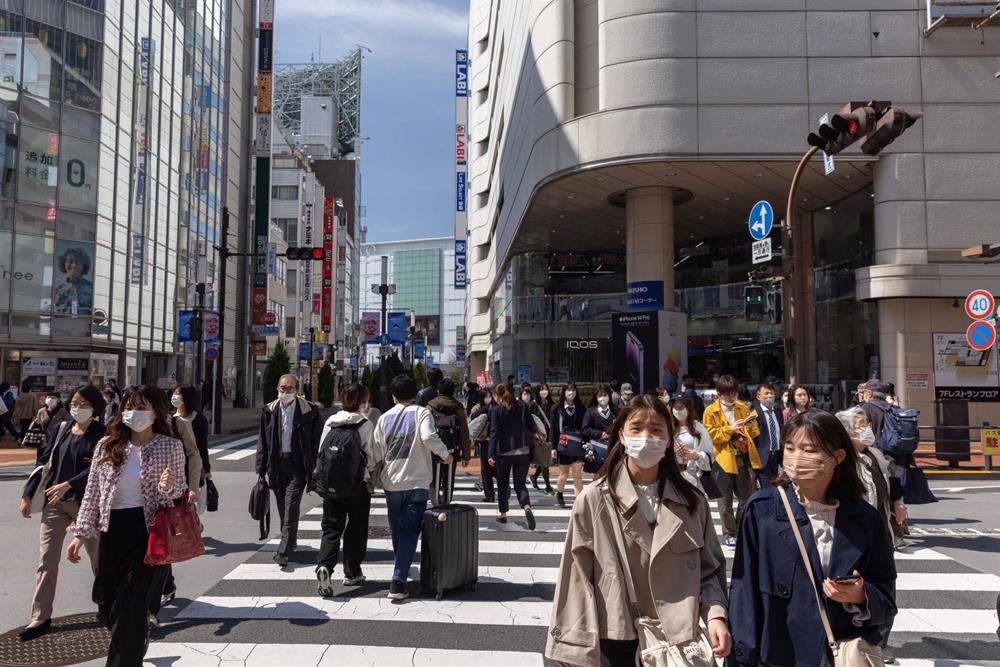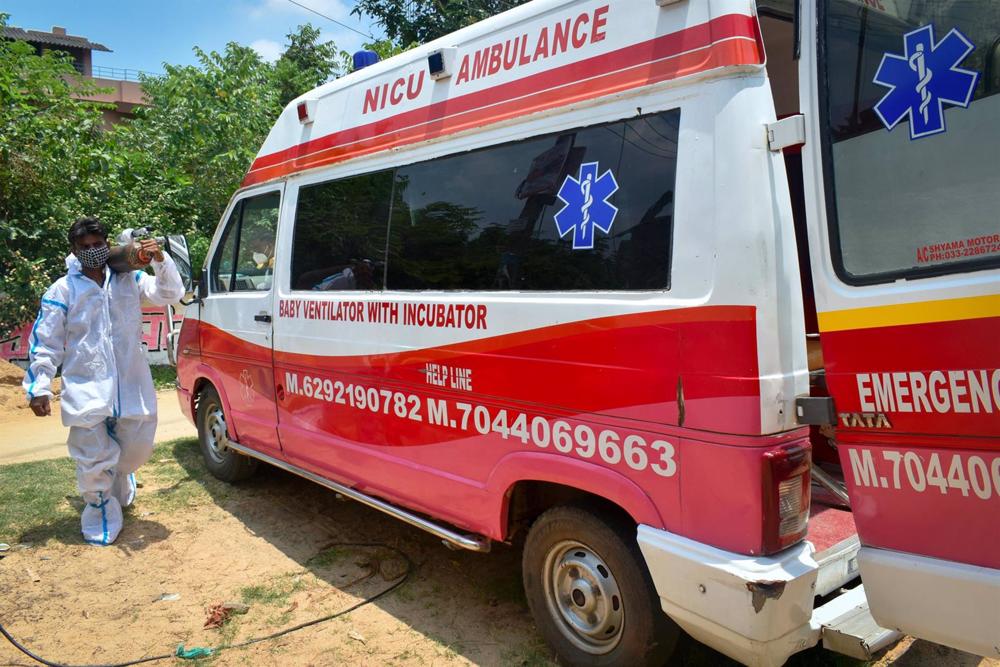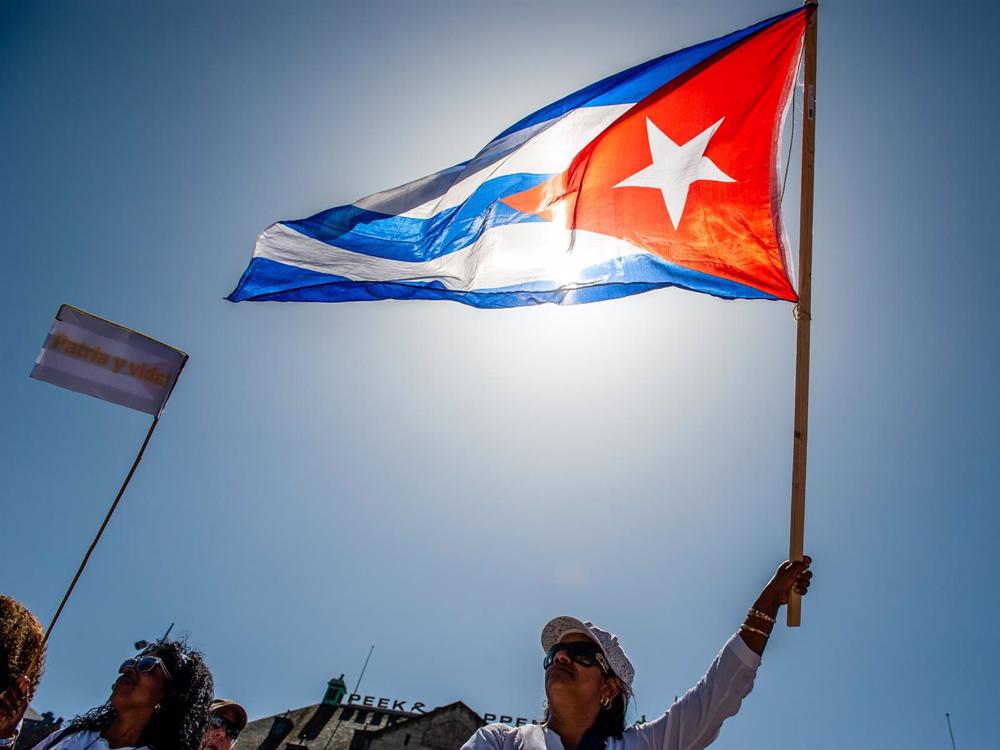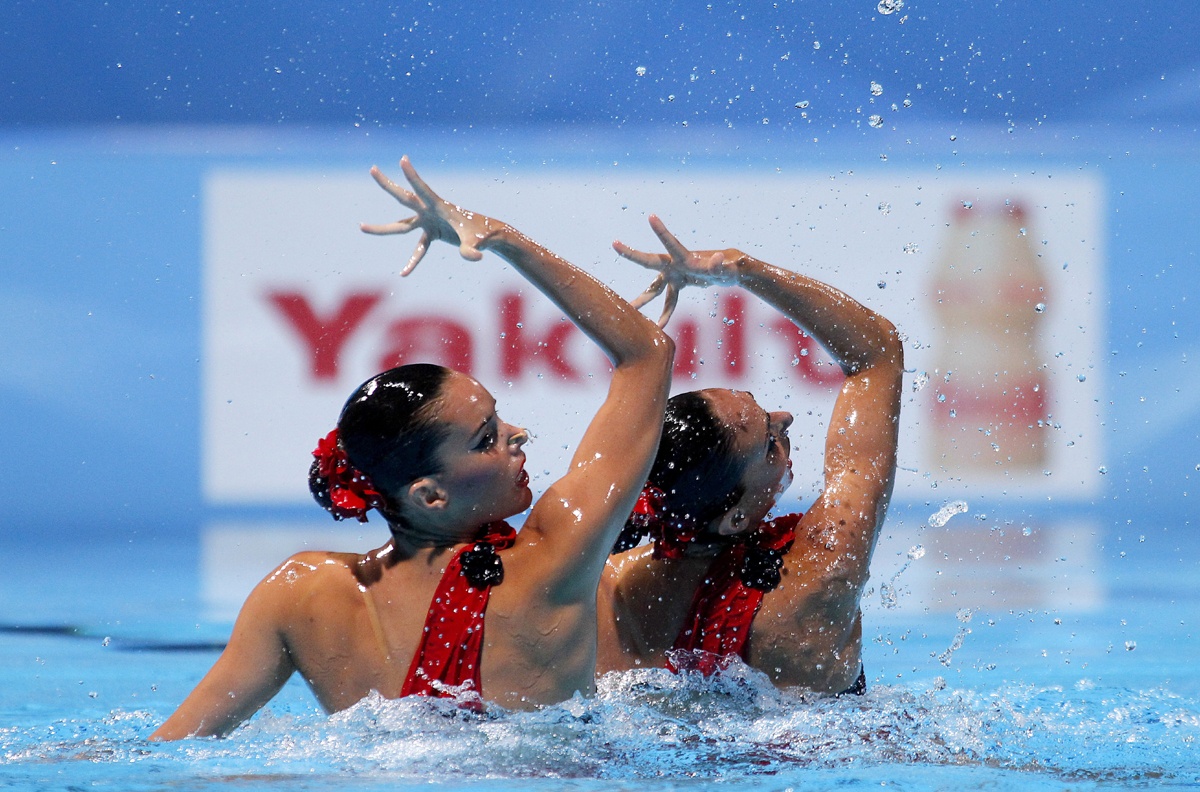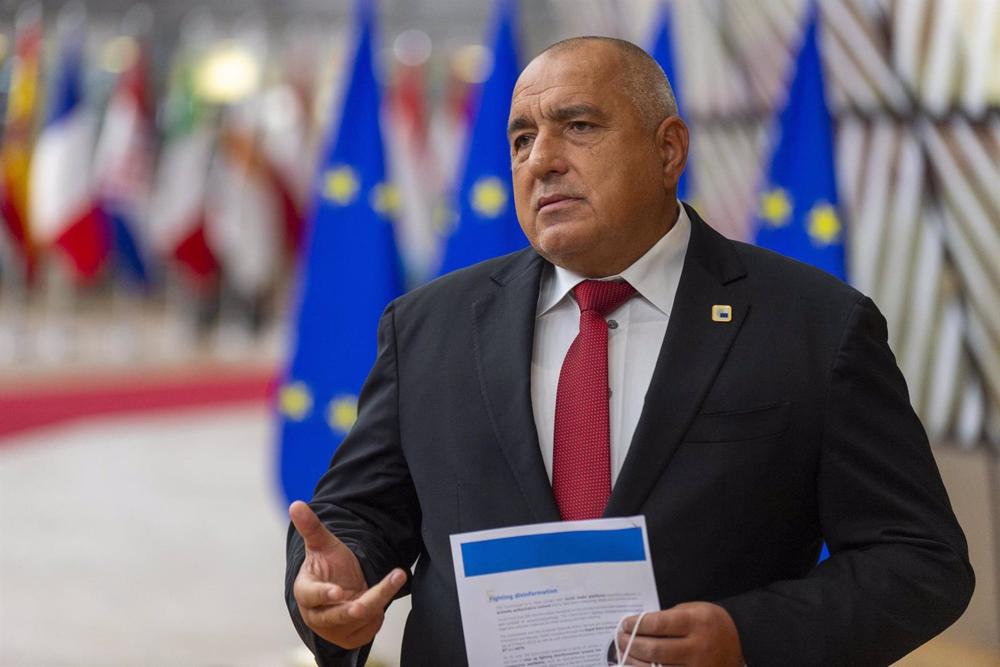
The President of Bulgaria, Rumen Radev, on Monday handed over to the Citizens for European Development of Bulgaria (GERB) party the mandate to form the new government, after nearly two months of consultations after the October legislative elections ended without a clear majority.
The mandate has been handed to Nikolai Gabrovski, nominated by GERB as prime minister. «I hope that in seven days he will propose the composition of a Council of Ministers that will meet the public’s need for stability, experience and responsibility,» the president said.
In response, Gabrovski stressed that «it is a duty and an honor to make every possible effort for Bulgaria to achieve a functioning government», before acknowledging that the country «is at a crossroads of economic, social, migratory and political crisis, which has been active for two years», as reported by the Bulgarian news agency Sofia.
«I will make every effort to propose a cabinet that moves away from political talk and confrontation and towards experience and professionalism so that Bulgaria can more easily overcome this difficult historical moment we are in,» he noted, before defending that his appointment seeks to «give the opportunity for a new tone in politics.»
«Purely political passions achieve nothing. We will rely on professionalism,» said Gabrovski, who is deputy director of the Pirogov Hospital in Sofia. «You know how many elections there have been over the past few years. This must stop somehow,» he argued, while stressing that «the doors will be open for everyone.»
In this sense, the new prime minister-designate has stressed that he «will not waste time» in the talks to confirm the new government and has asked that «everyone appreciates that he is a consensus candidate». «I am used to working in a team, it is part of my job. We are starting the talks in a totally different way,» he concluded.
GERB leader, former prime minister Boiko Borisov, said on Sunday that after receiving the mandate, two options are open: to become prime minister again or to propose a «neutral» person who would propose a ‘framework agreement’ that would be accepted by all parties, according to the daily ‘Dnevnik’. The party will have seven days to try to achieve the necessary support among the rest of the formations so that the government it assembles receives the backing of the Parliament.
Radev himself advanced on November 21 that he will be forced to call early elections for March in case all attempts to form a government fail, although he acknowledged that new elections could have a low turnout. The president reproached the Bulgarian Parliament for not having reached agreements on issues such as the recovery and sustainability plan and other important laws.
In the elections, held on October 2, GERB won with more than 25 percent of the votes, ahead of the party of the current Prime Minister, Kiril Petkov, We Are Still for Change, which won 20.2 percent of the votes.
The elections were called following a motion of confidence lost in June by the Petkov-led coalition after the withdrawal of one of its partners from the government, which led the Prime Minister, who had been in office for half a year, to call early elections, the fourth in a year and a half.
